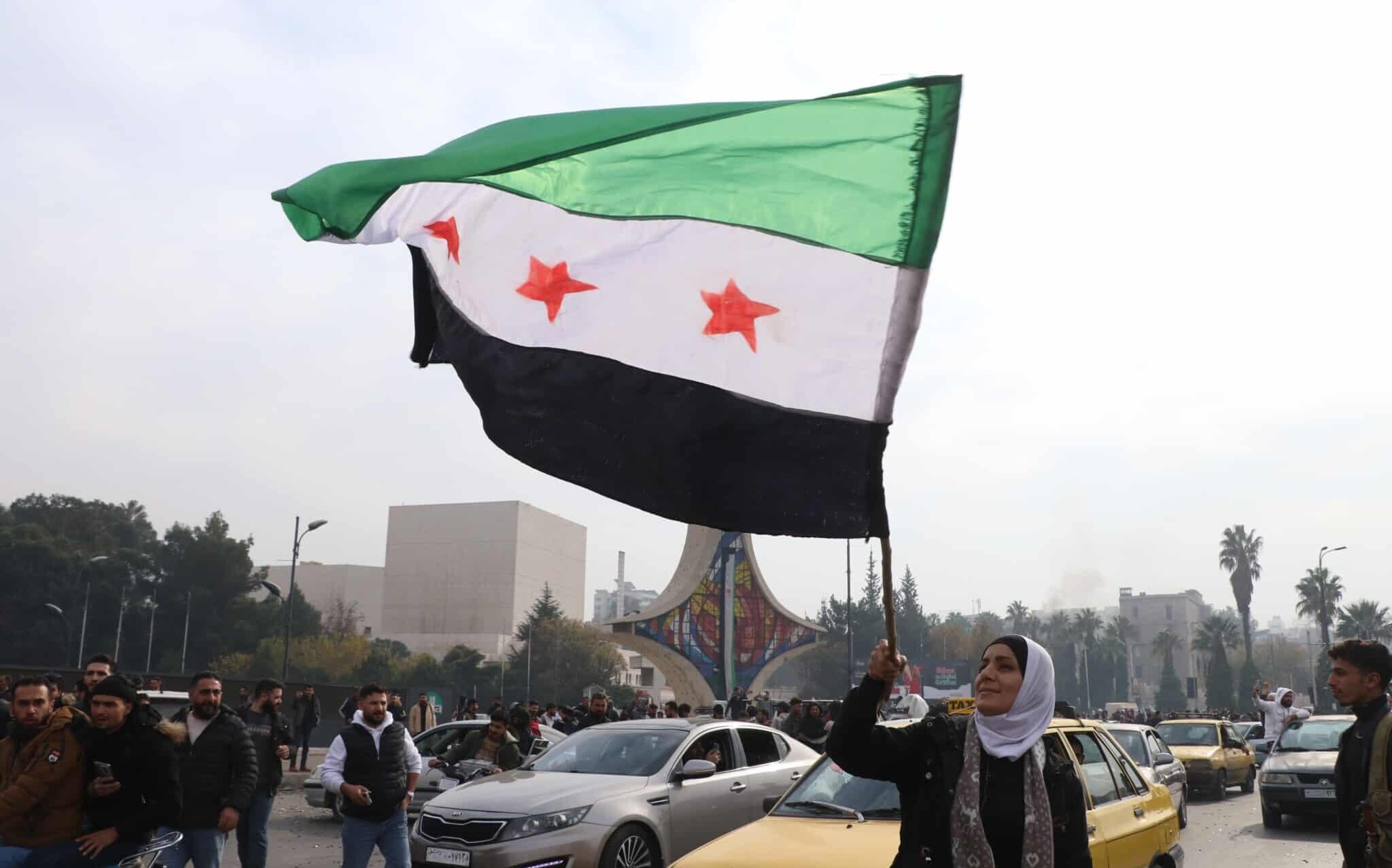- Warning about alarming trend not seen since the financial crisis
- Mass. health agency failed to monitor finances of 10 hospitals
- Digital IDs, Financial Collaboration Strengthen Fraud Prevention
- BioNTech to pay $467M in settlement agreement with University of Pennsylvania
- China must harness cutting-edge AI to transform its finance sector: former PBOC official
The Treasury Department issued a broad, six-month license on Monday for doing business with “governing institutions in Syria,” including transactions with Syria’s interim government led by Hayat Tahrir al-Sham (HTS). If not for the license, existing sanctions would block almost all transactions except for the provision of humanitarian aid, since HTS remains a U.S.-designated terrorist organization. Troublingly, the license’s definition of “governing institutions in Syria” is so broad that it extends to unspecified “entities involved with Hayat Tahrir al-Sham across all geographic areas of Syria.” Of equal concern, there is a lack of reporting requirements for those taking advantage of the license.
You are viewing: Treasury Authorization in Syria Invites Terror Finance Risks
While the Syrian people deserve relief after the fall of Bashar al-Assad’s vicious regime, Treasury’s approach is too broad and is not fit for the purpose of safely and strategically securing Syria’s future. To support stabilization and reconstruction, Washington must do more than just ease the flow of money and resources. It should prioritize oversight and accountability to ensure the needs of the Syrian people are met, not the interests of malign groups who may nefariously “involve” themselves with the interim government at the people’s expense.
Broad Authorization, Minimal Oversight
See more : UK Treasury chief heading to China to revive suspended economic, financial talks
Formally known as General License No. 24 (GL 24), Treasury’s decision 1) authorizes transactions with “governing institutions in Syria,” 2) supports the flow of energy to or within Syria, and 3) broadens the rules for sending personal remittances. It does not allow transactions with the Syrian government’s “military or intelligence entities,” transactions on behalf of Russia or Iran, or new investment in Syria, a category that includes loans and lines of credit.
Notably, GL 24 does not specifically define what constitutes an authorized transaction. Treasury issued a set of frequently asked questions to clarify GL 24, including that the license extends to the provision of services or payment for services from Syrian government institutions — but “services” remains undefined. These omissions are a particular cause for concern because GL 24 extends to entities merely “involved” with HTS. Under cover of such involvement, malign actors of either the criminal or terrorist variety could conduct business with impunity. Additionally, since GL 24 does not include reporting requirements, this activity would likely not be visible to the U.S. government.
Ignoring Lessons Learned in Afghanistan
The U.S. government’s Special Inspector General for Afghanistan Reconstruction (SIGAR) has repeatedly emphasized the need for reporting obligations and other forms of oversight to prevent the unchecked transfers of funds and resources during periods of reconstruction and development. As SIGAR found, import duties, taxes, and other government-related fees provide ideal cover for shakedowns, kickbacks, bribes, and illicit financial flows. In a dynamic environment such as present-day Syria, GL 24’s broad authorization of transactions with loosely defined “governing institutions” and “entities involved with [HTS]” is likely to facilitate illicit activity at the expense of the Syrian population.
Ensure Robust Oversight to Strengthen Enforcement
See more : Corporate Finance Conference 2025 | White & Case LLP
General licenses do not typically include reporting requirements of any kind. But they also do not typically authorize transactions with terrorist organizations at the helm of government institutions or the entities “involved” with them. For that reason, Treasury should urgently amend GL 24 to add reporting requirements while narrowing the range of permitted activity. Specifically, the amended license should focus on allowing transactions with the interim government — as well as named non-governmental partner groups it offers to the United States for vetting — that are necessary to restore basic services, such as healthcare, education, and utilities. That authorization should not extend to entities “involved” with HTS.
Meanwhile, the reporting requirement should ensure access to information regarding how the general license is used, as well as to whom and under what conditions funds, services, and resources are being provided. This is necessary to expose misconduct and facilitate law enforcement. The United States should help Syria recover from the decades of devastation wrought by the Assad regime. Yet this can be done without opening the door to illicit transactions and terror finance risks.
Max Meizlish is a senior research analyst for the Center on Economic and Financial Power (CEFP) at the Foundation for Defense of Democracies (FDD). For more analysis from Max and CEFP, please subscribe HERE. Follow Max on X @maxmeizlish. Follow FDD on X @FDD and @FDD_CEFP. FDD is a Washington, DC-based, nonpartisan research institute focusing on national security and foreign policy.
Source link https://www.fdd.org/analysis/2025/01/10/treasury-authorization-in-syria-invites-terror-finance-risks/
Source: https://summacumlaude.site
Category: News







